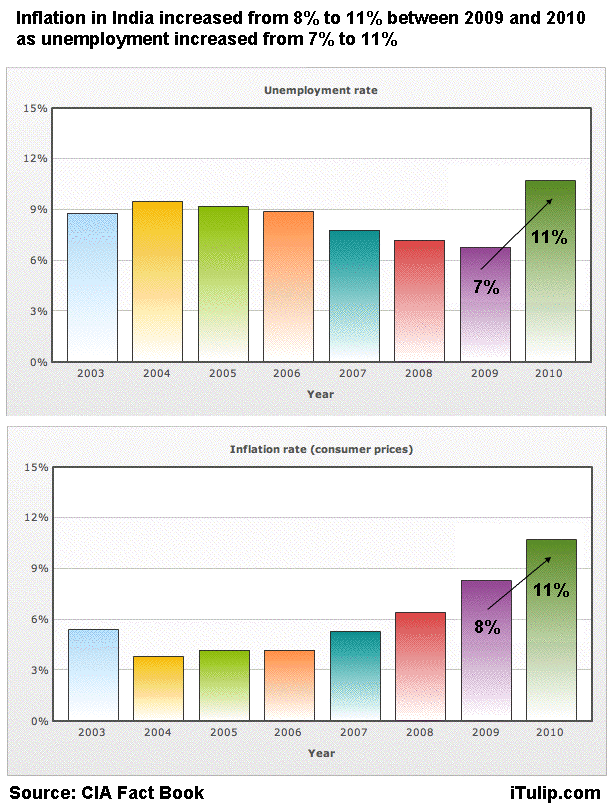Re: New Jobless #s .. yikes. Inflation?
I dont know how working programs would do anything... they did nothing in the 1930's...
Greed has always trumpeted politics, everywhere... that is why politicians always want more power...
Originally posted by Rajiv
View Post
Greed has always trumpeted politics, everywhere... that is why politicians always want more power...





Comment